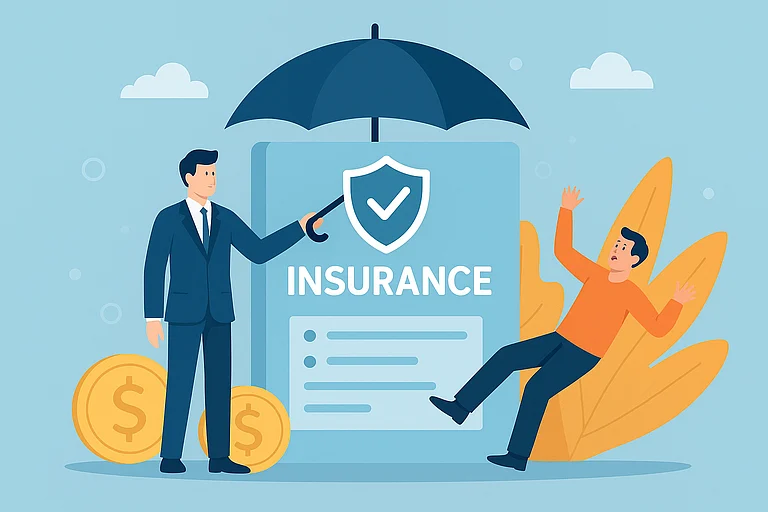When a health insurance claim gets rejected, many policyholders might feel blindsided, especially if they have diligently paid premiums and followed the process. Now, a new regulatory action has further highlighted how serious this issue might be.
The Insurance Regulatory and Development Authority of India has recently flagged several lapses in how some health insurers are handling claims. According to a report by CNBC TV18, eight insurance companies, including big names like Niva Bupa, Star Health, HDFC Ergo, and ICICI Lombard, are facing show-cause notices.
The insurance regulator highlighted these irregularities after some recent inspections conducted under a new regulatory framework known as health insurance master circular. Among key issues raised by Irdai, overly complex customer information sheets, delays in data submissions, and the lack of key personnel in claim review committees.
While insurers like ICICI Lombard and New India Assurance have responded by saying they have addressed the concerns, the episode underscores a larger worry: what recourse do policyholders really have when their claims are denied?
Here’s what you can do if your health insurance claim is rejected:
Start with the basics
Before anything else, the first most important step is to study the rejection letter as insurers would point out why the claim has been rejected. Your insurance policies do outline the process for raising claims and what you can do if they get rejected.
The insurers will point out if there is any missing documentation or procedural errors that can still be fixed. If you believe the rejection you got is unjustified, the first step is to get in touch with your insurer’s Grievance Redressal Officer (GRO).
Not Satisfied? Here’s Where To Escalate
If the insurer’s internal grievance cell has not resolved the issue, you can approach the Insurance Ombudsman. This is a specialised forum for insurance complaints that functions more like a mediator. The process is free, relatively quick, and doesn’t require a lawyer.
You may also escalate the matter to Irdai itself via the Integrated Grievance Management System (IGMS), where policyholders can file complaints online. However, this step is only to be used after you have exhausted the insurer’s internal channels.
Take legal recourse if needed
If even after reaching the Insurance Ombudsman, you feel that the order has not worked in your favour and it is unjustified - you are allowed to take it up legally directly via consumer court.
This is an affordable albeit lengthy process that doesn’t always require a lawyer, and it falls within the court’s jurisdiction under the Consumer Protection Act.
Consumer courts are generally quicker and more cost-effective than civil courts. And while no legal route is entirely predictable, there is a higher likelihood that insurers will comply with the court’s final judgment, especially after the order is deemed final and executable.
Irdai’s recent crackdown signals that regulatory oversight on claim practices is tightening, but as a policyholder, knowing your rights is key. If your health insurance claim is denied, do not stop at the first rejection if escalation is needed.













